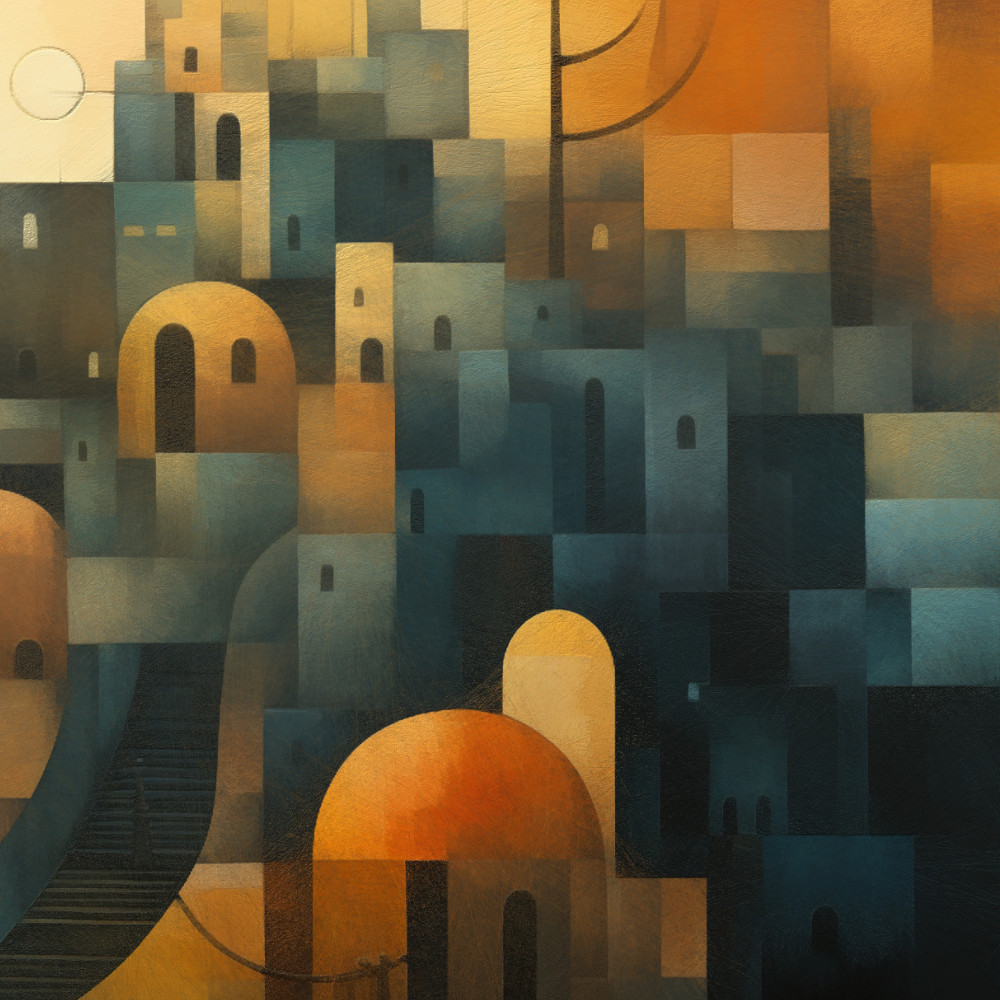Politics and Art
Politics: the use of power by one person or group to affect the behaviour of another.
. . .
Power may be used in very many contexts: in a personal relationship; within a family; an intimate setting; the workplace; culturally; economically; within society; by government; and between nations. At a personal and state level, power raises issues of justice, equality, and participation.
Art may be overtly political: an expression of protest, satire, or propaganda. Art may also serve the purpose of questioning, interrogating, or encouraging understanding about a particular problem or issue that affects many people within society.
Art also has the potential to free or relieve people emotionally and psychologically from being under the control of another, or a group. Those who are disadvantaged, or suffer hostility and ill-treatment, especially because of their ethnicity, religion, sexual orientation, or their political beliefs, often use art as a tool to express and protest.
Art that was not created with a particular political purpose in mind may be curated with other works of art, and when experienced together in this way, may assume political significance.
Much of my own creative work is political, but I try to take care so that my art, literature, or music is inviting to those with different views than mine, for these are the people I most want to reach. Others prefer a more strident approach that leaves no doubt about the artist's position and politics.
